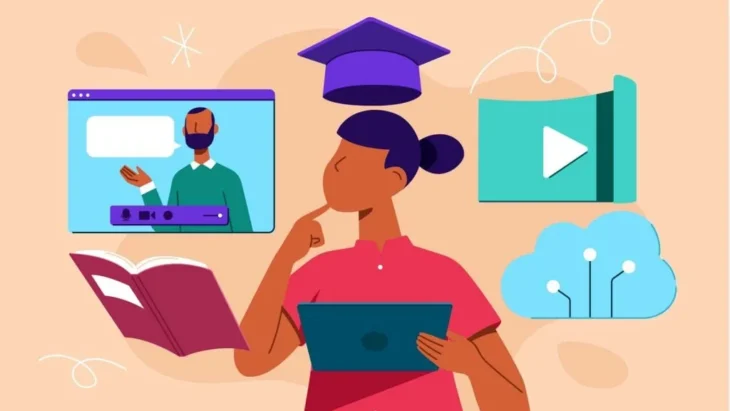
Learning Made Faster and Easier: Strategies to Remember More Effectively
Learning is a fundamental aspect of human growth and development. In a rapidly evolving world, the ability to acquire and retain information efficiently is a valuable skill. Fortunately, there are strategies that can help make learning faster and easier, enhancing memory retention and overall comprehension. Whether you’re a student, a professional, or simply someone looking to expand your knowledge, these techniques can make a significant difference in your learning journey.
1. Active Engagement
One of the most effective strategies for faster and easier learning is active engagement. Passive learning, such as reading or listening without active involvement, often leads to reduced memory retention. However, with tools like Gizmo, a platform designed to enhance active engagement in learning, you can take your experience to the next level. Actively engaging with the material through activities like summarizing, questioning, and discussing the content with others stimulates cognitive processes and deepens understanding.

2. Spaced Repetition
Spaced repetition is a proven technique that leverages the spacing effect, which suggests that information is better retained when it is revisited at spaced intervals. Instead of cramming all at once, create a schedule to review and revisit the material over time. This method allows your brain to strengthen connections and memories, leading to more effective studying.
3. Visualization Techniques
Visualizing information can significantly aid memory retention. Creating mental images or diagrams that represent concepts can help in forming associations and improving recall. For instance, if you’re studying about a historical event, visualize the key elements of the event in a sequential manner. This technique taps into your spatial memory, making the learning experience more memorable.
4. Teach What You’ve Learned
Explaining concepts to others is a powerful method to reinforce your own understanding. When you teach someone else, you need to simplify complex ideas, organize information logically, and provide examples – all of which contribute to better studying. Additionally, teaching helps identify gaps in your understanding, giving you the opportunity to fill those gaps and enhance your knowledge.

5. Mnemonic Devices
Mnemonic devices are memory aids that help you remember complex information by associating it with easily recallable cues. Acronyms, rhymes, and acrostics are common examples of mnemonic devices. By creating these mental shortcuts, you can quickly retrieve information during exams or discussions.
6. Connect New Information to Existing Knowledge
Linking new information to what you already know can accelerate the process. Our brains thrive on connections, so find ways to relate new concepts to familiar ones. Drawing parallels between the new material and your existing knowledge network makes it easier to remember and comprehend.
7. Get Adequate Sleep and Stay Healthy
Physical health plays a significant role in cognitive function and memory. Getting enough sleep is crucial for consolidating memories and enhancing studying. Additionally, maintaining a balanced diet, staying hydrated, and engaging in regular exercise can positively impact your brain’s ability to process and retain information.

Conclusion
In conclusion, learning doesn’t have to be an arduous task. By implementing these strategies, you can make the process faster, easier, and more enjoyable. Whether you’re studying for exams, discovering a new skill, or simply seeking personal growth, active engagement, spaced repetition, visualization, teaching, mnemonic devices, connecting new information, and prioritizing your health can all contribute to a more effective and efficient learning experience.